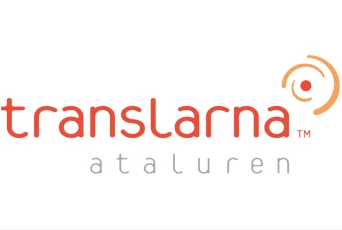The European Commission (EC) has adopted the opinion of the Committee for Medicinal Products for Human Use (CHMP) of the European Medicines Agency (EMA) to not renew the authorisation of Translarna (Ataluren).
Translarna is used for treating ambulant patients with Duchenne muscular dystrophy aged 2 years and older who have a ‘nonsense mutation’ in the dystrophin gene.
This decision follows the initial advice of the EMA in 2023 not to deny the renewal of the market authorisation for Translarna. This was based on the opinion that the treatment failed to demonstrate effectiveness in treating Duchenne muscular dystrophy (DMD).
Appeals were filed by PTC Therapeutics, with the EC recommending a review of the decision. Re-examinations of additional data sets throughout 2024 resulted in the CHMP maintaining their decision not to renew authorisation for Translarna. The EC has now finalised this decision for the European Economic Area (EEA).
A Timeline of Events
In 2014 Translarna was granted a conditional market authorisation by the EMA – The conditional offer was due to uncertainty regarding how effective it is at treating Duchenne muscular dystrophy (DMD). PTC therapeutics were tasked with providing additional evidence that demonstrates the benefits of the treatment, as a condition.
In September 2023, the CHMP provided its initial negative opinion on Translarna, which was later upheld in January 2024 following the first request for review by the PTC Therapeutics. In June 2024, the Committee revisited its opinion at the request of the EC to take into account additional real-world data brought to the attention of the EC during the decision-making process and consider whether the available data are comprehensive; the views of a new scientific advisory group were also considered. After this assessment the CHMP recommendation remained negative.
PTC Therapeutics requested an additional review of the decision made by the CHMP. In October 2024, the CHMP announced that it had reexamined the available data for Translarna, and concluded that effectiveness has not been adequately demonstrated. Based on its assessment of the complete data set, the CHMP concluded that the medicine’s marketing authorization in the EU should not be renewed. The EMA then sent the upheld recommendation to the European Commission, which holds the authority to issue a final, legally binding decision across all EU member countries.
At the End of March 2025, the European Commision formalised the decision. This means Translarna will no longer be available to patients with DMD in the EU.
How this Impacts the UK
Despite Translarna being approved for use in the UK while part of the European Union, in 2014, the UK’s treatment authorisation is now overseen by the Medicines and Health Regulatory Agency (MHRA). Therefore, the EMA and EC’s decision to not directly impact the availability of the treatment in the UK under the NHS.
Translarna remains available in the UK, and we are continuing to monitor the situation and will provide any updates as they are made available.
If you have any questions or queries regarding the information presented in this article, please reach out to us at info@actionduchenne.org



